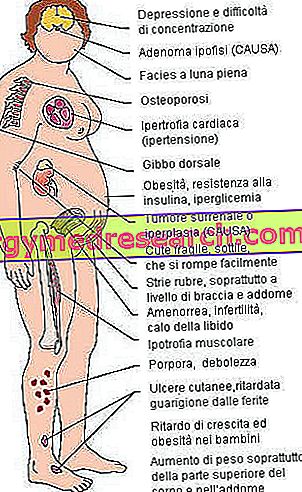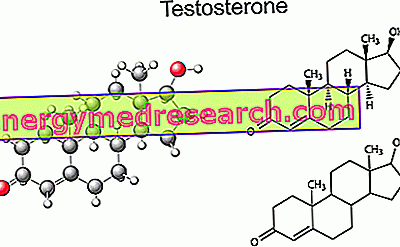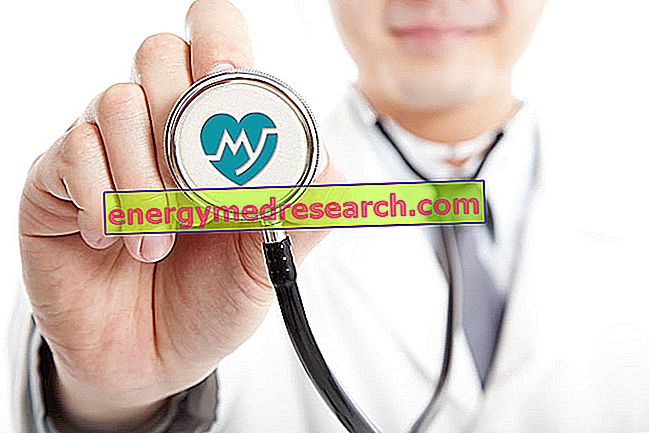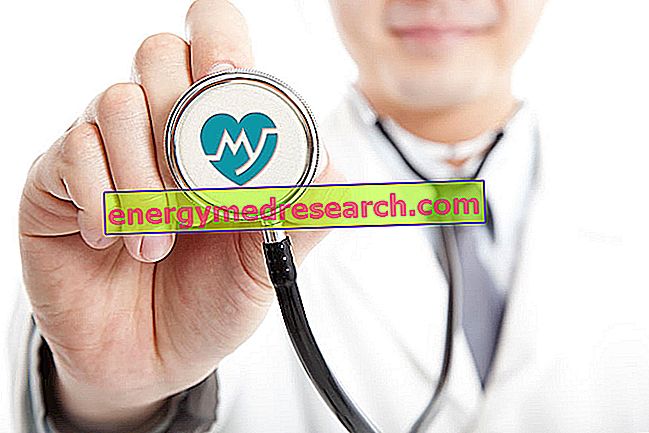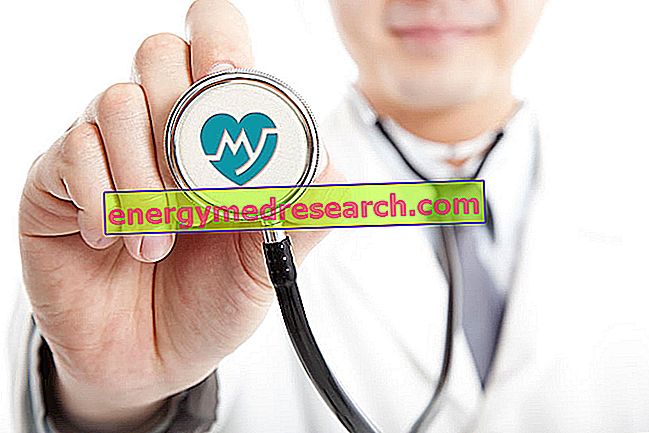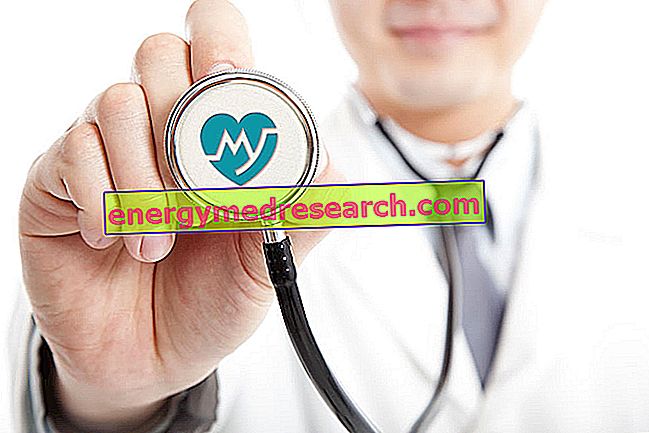Generality Cushing's syndrome is a complex of signs and symptoms generated by chronic exposure to high levels of glucocorticoids, hormones produced by our body and used in the treatment of inflammatory diseases. Cushing's syndrome can therefore be sustained by endogenous factors (excessive synthesis of glucocorticoids ) or, more commonly, from exogenous factors (treatment with corticosteroids, such as prednisone, prednislone, betamethasone, etc
Category endocrinology
Generality Hypogonadism is an abnormal condition, characterized by a more or less marked reduction in the functional activity of the gonads, which in the man are the testicles, while in the woman they are the ovaries. A reduction in the functional activity of the gonads involves a decrease in the secretion of sex hormones (mainly estrogens and progesterone, in women, and testosterone, in humans)
Generality Morris syndrome - also known as androgen insensitivity syndrome or testicular feminization - is a congenital condition that results from the impaired sensitivity of the cells of a male individual to androgens. Androgens are the male sex hormones; their greatest exponent is testosterone. Based on the level of insensitivity, doctors recognized the existence of a syndrome of partial androgen insensitivity and a syndrome of complete androgen insensitivity
Related articles: Pheochromocytoma Definition Pheochromocytoma is a catecholamine-secreting tumor that develops from the chromaffin cells, typically located in the adrenal glands. The main secreted catecholamines include, in different proportions, noradrenaline, adrenaline and dopamine, which determine different physiological effects depending on the stimulated peripheral receptor
Related articles: Gozzo Definition Goiter is a disorder characterized by an increase in thyroid volume. This anomaly can be a passing problem or a symptom of a more serious illness. The enlargement of the thyroid may or may not be accompanied by alterations in the functionality of the gland (both in terms of a decrease → hypothyroidism, and in the sense of an increase → hyperthyroidism). Ac
Related articles: Hyperprolactinemia Definition Hyperprolactinemia consists of a persistent increase in blood prolactin levels. Prolactin is a hormone produced by the pituitary gland, which, in normal conditions, has the function of stimulating the production of milk by the breast, in the period following the birth (puerperium)
Related articles: Hypoparathyroidism Definition Hypoparathyroidism is a dysfunction that affects the parathyroid glands, characterized by insufficient parathormone synthesis and secretion (PTH). More rarely, the disorder is caused by a poor action of the same parathormone at the level of specific target organs (kidney, bone and intestine)
By Fabrizio Felici The thyroid gland, located in the anterior region of the neck, near the first tracheal rings, contains numerous spherical follicles, each of which consists of a single layer of secretory cells, called follicular cells, which surround a glycoprotein secreted by the follicular cells, defined colloid
THE ROLE OF DIET AND PHYSICAL EXERCISE Acute exercise increases GH secretion, the earlier it is, the greater its intensity. The peak response of this hormone to exercise is observed between the 25th and 60th minutes during endurance activities (running, cycling, cross-country skiing, etc.) or between the end of the 5th and the 15th minute of the recovery period, for exercises lasting less than 20 minutes

